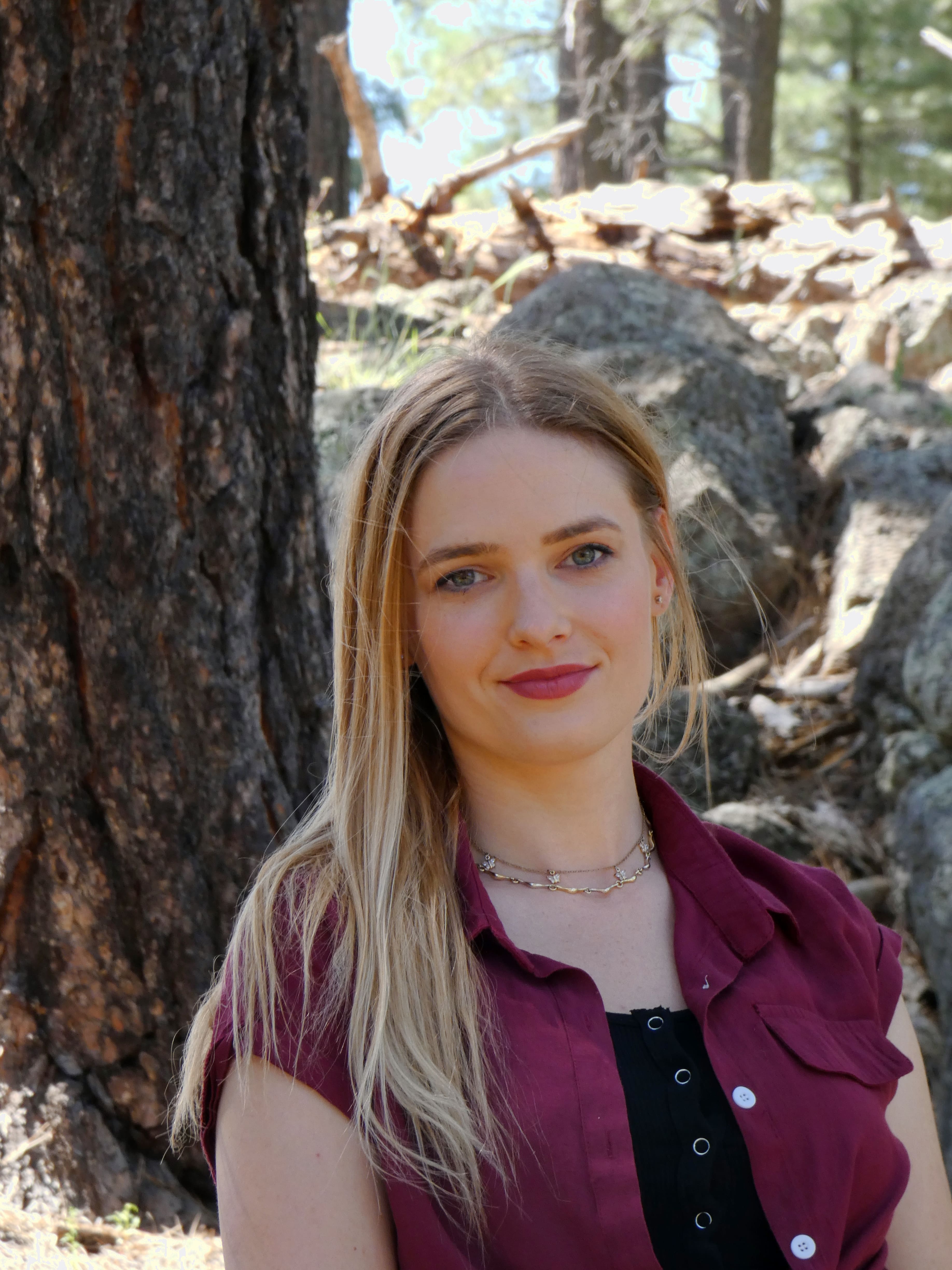Marine Biodiversity
Climate Change
Post-Doctoral Fellowships
Switzerland
A coral reef refugium in the Red Sea
The ‘last reef standing’: understanding the exceptional resilience of the Red Sea corals
Coral reefs are fragile ecosystems. Climate change, as well as other human-driven disturbances, are taking a devastating toll on these precious underwater living structures, home to millions of marine species. The current situation is, to say the least, a source of serious concern: when coral reefs die, so does an enormous share of marine biodiversity. “The last three years have witnessed the worst global coral bleaching event on record. The Great Barrier Reef has seen around 35% of its coral cover suffering greatly enhanced mortality. Future trajectories of coral reef decline due to bleaching are dramatic, even under the most optimistic CO2 emission scenarios”, reports Dr. Romain Savary, an expert in corals and their symbiotic communities at the École polytechnique fédérale de Lausanne, in Switzerland. Interestingly, one healthy large-scale exception exists: the highly biodiverse coral reef system in the Northern Red Sea. Recent research has demonstrated that these corals are exceptionally resistant to the inevitable atmospheric CO2-driven rise in water temperatures and ocean acidification predicted for this century. “In all likelihood, these coral reefs will be the very ‘last reefs standing’ at the end of the century”. Dr. Savary aims to understand the underlying genetic and environmental settings that explain this extreme performance. His overall objective is to inform environmental protection policies in the countries of the Red Sea region, and potentially contribute to finding a solution for the survival of corals in general.
Coral reefs have undergone drastic declines in recent years due to numerous types of environmental stresses, including nutrient overload, disease, overfishing, and (prominently) global climate change-induced bleaching (a whitening of the corals that often results in death). In this context, studying resilient species and, a fortiori, entire regions with populations of reef-building corals that can withstand, adapt, acclimatize to, or recover from these widespread bleaching events, is critically important. The study’s choice to focus on the Northern Red Sea system derives from this logic. Indeed, to the NOAA (National Oceanic and Atmospheric Administration) Coral Reef Watch’s surprise, the Northern Red Sea system did not endure a devastating episode of coral bleaching during the extremely hot summer of 2017, unlike many other coral reef systems across the world. This unexpected demonstration of resilience, which likely results from a tumultuous history of migration and adaptation to extreme changes in temperatures and salinity, offers an invaluable opportunity to study the natural defence mechanisms corals are capable of putting into place to survive fluctuating temperatures. In addition, the 2000 km latitudinal span of the Red Sea coral reefs, makes the region a natural laboratory for Climate change research. Along this gradient, the living conditions for the corals change dramatically, from 27°C summer surface water temperatures in the North, to 36°C in the South. “Effectively, along this warming gradient, one is moving into the future with regards to environmental conditions to which corals are exposed, the researcher explains. In other words, it’s a perfect laboratory for testing the impact of future oceans!”
The Northern Red Sea corals: super-resistant species and a perfect natural laboratory
Dr. Savary’s project will primarily focus on the comprehensive study of four major species of corals that live in the region, the choice of which was justified by the fact that their genome had already been sequenced. Indeed, the researcher’s investigation will concentrate on genes, how they respond to temperature variation, and which have evolved to better resist it. “My team and I will not only look at coral species but also at the algae that live in symbiosis with them in their tissues”, he explains. Indeed, coral bleaching results from the breakdown of the ‘symbiosis’ (a mutually beneficial relationship) between corals and microscopic algae of the Symbiodiniaceae family. The algae (which gives the coral its color), is highly sensitive to temperature variation and pollution. Under stress, it flees the coral, depriving it from its main source of nutrition, as well as its color (hence the whitening). More often than not, this separation results in coral mortality. “We started the sampling of corals and their symbiotic communities back in 2018. Our goal now is to test and see what molecular mechanisms make them special and what interactions are at play between the corals, the algae, and the numerous bacteria that also live in harmony with them. It’s a community, and we need to understand it as a whole”. To carry out his project, he will use an innovative and portable research instrument called the CBASS (Coral Bleaching Autonomous Stress System), which allows to determine empirical temperatures thresholds for bleaching.
According to the most recent IPCC special report on the impacts of Global warming: At the end of this century, very few major coral reefs, and with them the enormous ecosystems they support, are expected to be alive and functioning. Not only is this potential gigantic loss in biodiversity catastrophic in itself, it would also have far-reaching economic implications for the 500 million people living in tropical countries that directly depend on the numerous services healthy corals provide (seafood, shore protection, and tourism). As Dr. Romain Savary points out: “The Red Sea system could very well offer our best hope for preserving large and well-functioning reefs for future generations, not only because it is likely to survive Global warming, but also because it offers an ideal natural laboratory to examine the multiple drivers for coral resilience, and to potentially uncover the molecular key to the survival of other coral reefs in the world”.

Romain
SAVARY
Institution
École Polytechnique Fédérale de Lausanne
Country
Switzerland
Nationality
Swiss
Related articles
Climate Change
Food & Nutrition
AXA Chair
Argentina
Harnessing the Potential of RNA: Pioneering a Sustainable Path to Climate-Resilient Crops
Federico Ariel's research project addresses this critical threat to global agricultural productivity and offers a potential solution. His focus on... Read more

Federico
ARIEL
National University of the Litoral (UNL)
Climate Change
Post-Doctoral Fellowship
Hungary
How Will Climate Change Affect Bird-Spread Diseases
Expected start date:Aug-2023 Human, animal, and environmental health are interconnected. Climate change may alter the transmissions of diseases that can... Read more

Tamara
SZENTIVANYI
.thumbnail.jpg)